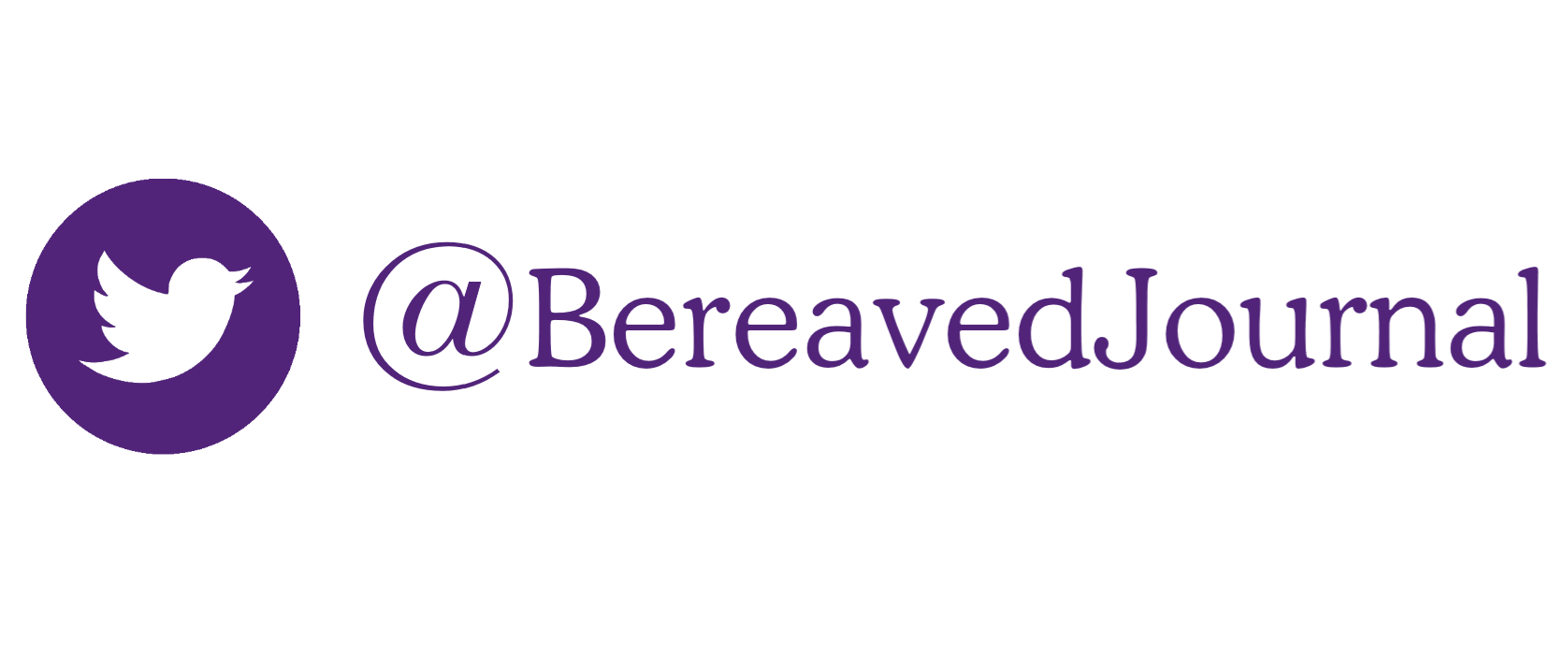Do we need to decolonise bereavement studies?
DOI:
https://doi.org/10.54210/bj.2022.20Keywords:
Bereavement, aftermath of death, decolonisation, diversity, colonialism, griefAbstract
At this re-launch of the journal Bereavement, we explore the question, ‘Do we need to decolonise bereavement studies?’ We do not offer definitive answers, but rather seek to open up conversations. We briefly explore some of the main debates and explanations of what ‘decolonising’ means. In its broader understandings, this entails questions about the nature of the knowledge that underpins claims to ‘expertise’, since knowledge inevitably reflects the socio-historic position and biography of those who produce it. This raises uncomfortable issues about the ‘universality’ of that knowledge, and how to understand what is shared between human beings, including how to understand experiences of pain and suffering. In addressing the nature of, ‘bereavement studies’, we first consider complexities of language and translation, before observing the heavy domination of the ‘psy’ disciplines in affluent minority worlds, oriented towards individualised, medicalised and interventionist perspectives. We indicate work that seeks to challenge these limitations, including the decolonising of psychiatry itself. We argue the need for such decolonising work to go beyond cross-cultural work originating in affluent minority worlds, beyond interdisciplinarity, and beyond crucial work on equality, diversity and inclusivity. Bereavement, as a field of study and a set of practices, needs to take account of the legacies of complex colonial histories of exploitation and harm that continue to shape the world in general, and in particular, the aftermath of death in the continuing lives of the living. We conclude with some implications for ‘bereavement’ practice, from a UK perspective.
Downloads
Published
How to Cite
Issue
Section
License
Copyright (c) 2022 Sukhbinder Hamilton, Berenice Golding, Jane Ribbens McCarthy

This work is licensed under a Creative Commons Attribution-NonCommercial-NoDerivatives 4.0 International License.
This article first appeared in Bereavement online [date] bereavementjournal.org








